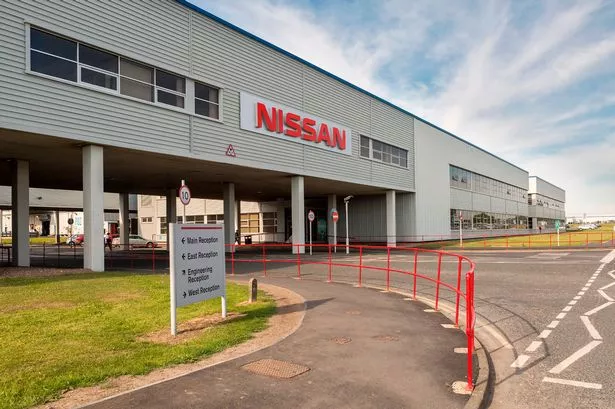As reported by USA Today, Nissan has announced plans to cut 20,000 jobs and shut down seven production sites worldwide. The decision comes as the Japanese automaker struggles with financial losses and declining sales in key markets, including the United States and China.
Nissan’s latest restructuring efforts are part of a broader strategy to reduce costs by 500 billion yen ($3.4 billion), equivalent to (45 105 420.00) and streamline operations. The company reported a net loss of 670.9 billion yen ($4.5 billion) for the fiscal year ending in March, marking its worst financial performance in over two decades.
CEO Ivan Espinosa, who took the helm in April, emphasized the urgency of the situation, in an interview with South China Morning Post stated that “Nissan must prioritize self-improvement with greater urgency and speed” The automaker has been struggling to regain stability after years of declining profitability, exacerbated by an aging vehicle lineup and weak demand in major markets.
Impact on employees and production sites
The job cuts will affect employees across various departments, including human resources, planning, IT, and finance. Nissan has already begun offering buyout packages to workers at its Canton plant in Mississippi and other locations.
From industrial equipment news, the seven production sites slated for closure will be phased out by 2027, reducing Nissan’s annual production capacity from 3.5 million units to 2.5 million. While the company has not disclosed specific locations, reports indicate that some factories in Japan will be among those shut down.
Challenges in the global auto industry
Nissan’s restructuring comes at a time when the global auto industry is facing significant challenges, including rising production costs, supply chain disruptions, and shifting consumer preferences. The company’s struggles have been compounded by trade tariffs and competition from electric vehicle manufacturers.
Additionally, Nissan’s aging vehicle lineup has struggled to compete with newer models from rivals such as Toyota and Tesla. Analysts suggest that Nissan’s lack of hybrid models in the U.S. market has contributed to its declining sales.
Despite these setbacks, Nissan remains committed to its recovery plan. Espinosa reassured stakeholders that the company is taking a “prudent approach” to reassess its targets and align production with market demand
The way forward
As Nissan navigates this turbulent period, industry analysts are closely watching how the automaker will adapt to changing market conditions. The company’s ability to innovate, restructure, and regain consumer trust will be critical in determining its future success.
Nissan has also hinted at potential partnerships with other automakers to strengthen its market position. The company is reportedly exploring collaborations with Renault in Europe and Dongfeng Nissan in China to optimize production and reduce costs
With these drastic measures in place, Nissan hopes to return to profitability by fiscal year 2026. However, the road ahead remains uncertain, and the company must execute its recovery plan effectively to regain stability in the competitive automotive industry.




